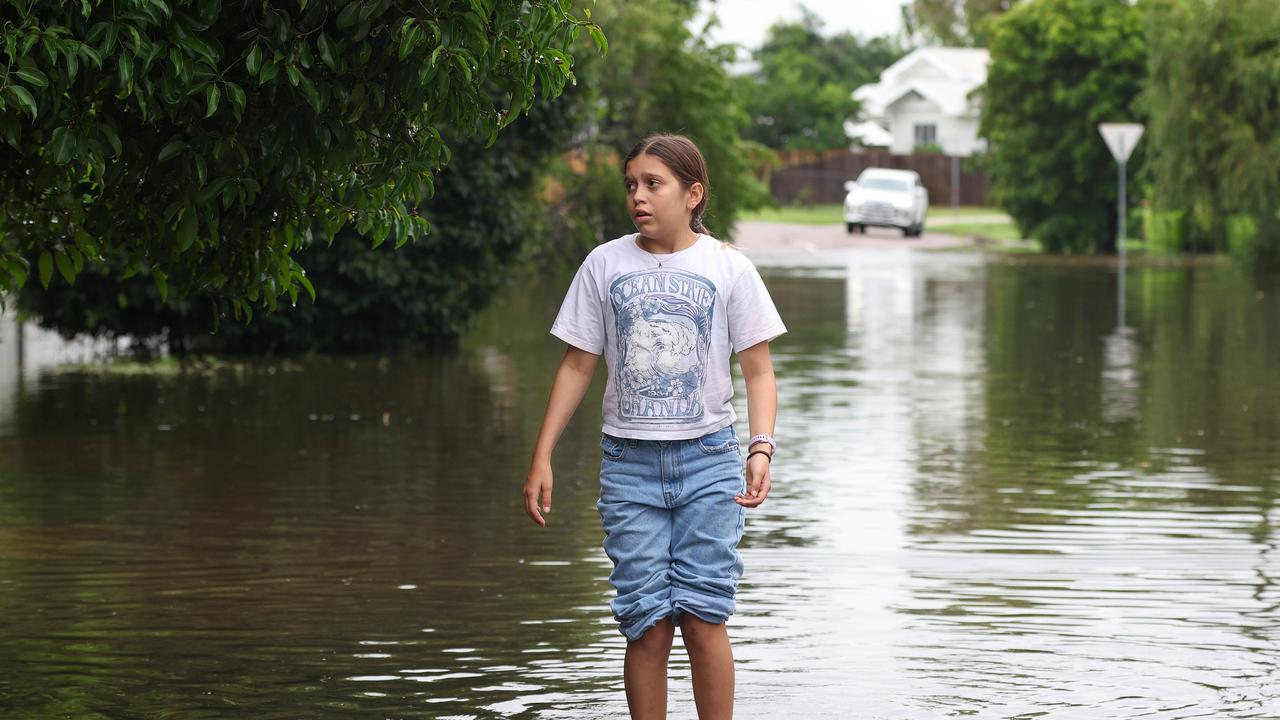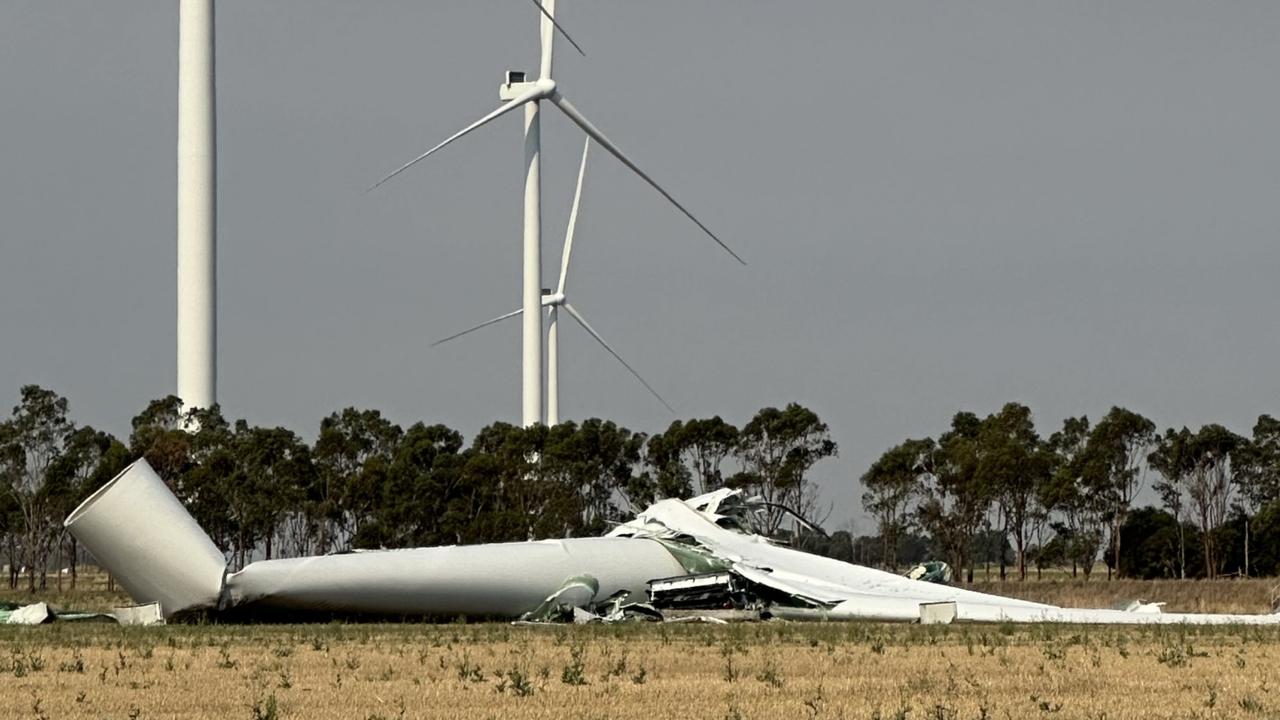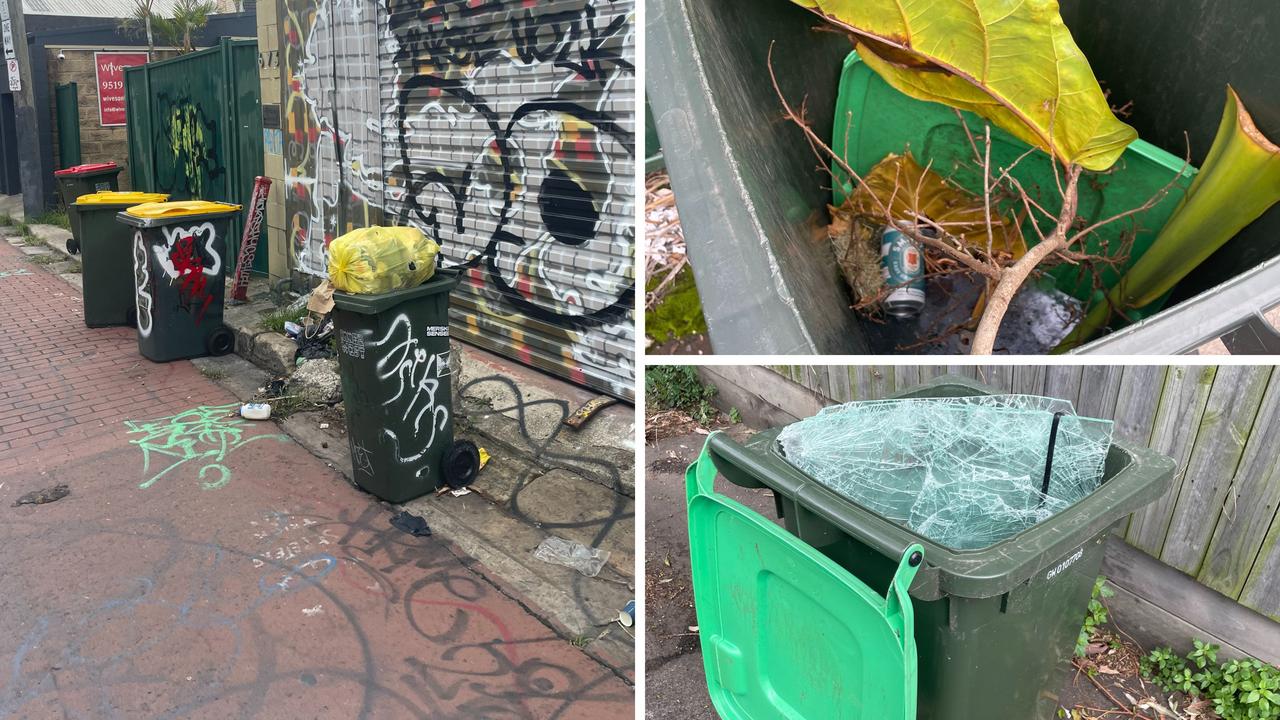The Turnbull government has forcibly removed any reference to Australia from a new UN report
IN A scandalous move, the Turnbull government has scrapped all mentions of Australia from a UNESCO report.
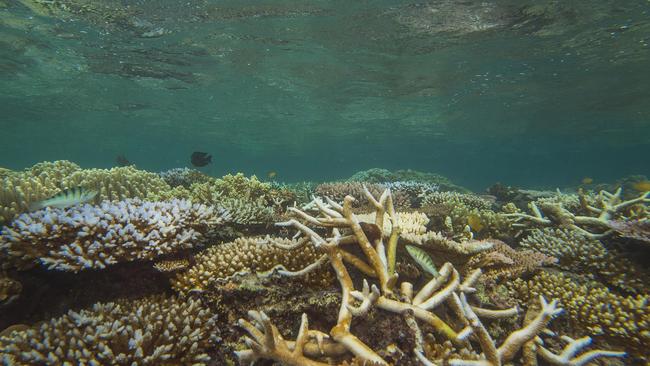
THE FEDERAL government has had the nation axed from a UNESCO report on climate change and world heritage sites.
Every reference to Australia has been scrapped from the final version of the 87-page report, which detailed the impact of global warming on 31 natural and man-made world heritage sites around the world.
The initial “World Heritage and Tourism in a Changing Climate” report included a key chapter on the Great Barrier Reef. It also referenced Kakadu and the Tasmanian forests.
But the Australian Department of the Environment made sure every mention of Australia was removed, even though it lists other sites in the Asia Pacific region and says coral reefs are “particularly vulnerable” to climate change.
This means Australia is the only inhabited continent on the planet with no mentions in the report.
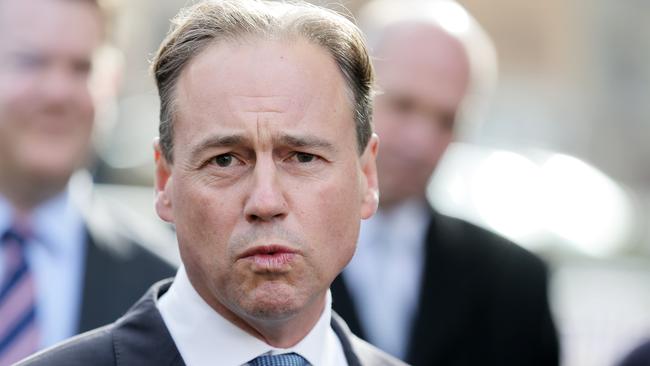
In a statement to news.com.au, the Environment Department confirmed it asked for references to Australia to be removed, saying it would have a negative impact on tourism:
“Recent experience in Australia had shown that negative commentary about the status of world heritage properties impacted on tourism.
“The department was concerned that the framing of the report confused two issues — the world heritage status of the sites and risks arising from climate change and tourism.
“In particular, the world heritage committee had only six months earlier decided not to include the Great Barrier Reef on the in-danger list and commended Australia for the Reef 2050 Plan.”
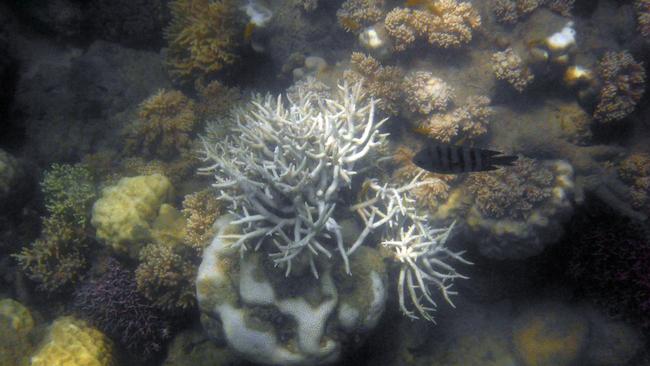
Mark Butler, the Shadow Minister for Environment, said: “Malcolm Turnbull is trying to bury the existence of climate change by getting the Environment Department to stop Australia being mentioned in the report on the impact of global warming on World Heritage Areas.
“Report after report, expert after expert, tells us that the biggest threat to the Great Barrier Reef is climate change.
“How could UNESCO miss this? They didn’t. The Government made sure it was left out.”
He stressed the Great Barrier Reef needs strong leadership on climate change, and that “hiding from the problem” won’t help the situation.
“The best way to help the reef and to boost tourism and economic growth is to take serious action on climate change, to face the challenge and show leadership.”
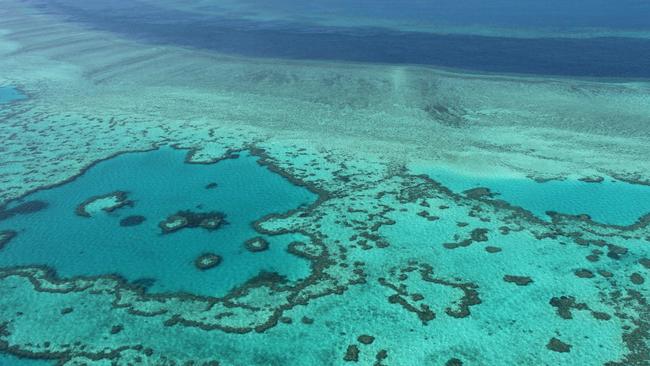
The Great Barrier Reef is currently suffering through one of its worst crises in recorded history.
Ninety-three per cent of the reef has experienced bleaching, with experts warning the Great Barrier Reef will likely be dead within two decades due to global warming.
The scientists found climate change increased ocean temperatures by 1C during this year’s March bleaching event, which authorities have called the worst on record.
Andrew King, a scientist from the ARC Centre of Excellence for Climate System Science, said: “Our research showed this year’s bleaching event is 175 times more likely today than in a world where humans weren’t emitting greenhouse gases. We have loaded the odds against the survival of one of the world’s greatest natural wonders.”
Here is the Department’s full statement:
The World Heritage Centre initiated contact with the Department of the Environment in early 2016 for our views on aspects of this report.
The Department expressed concern that giving the report the title “Destinations at risk” had the potential to cause considerable confusion. In particular, the World Heritage Committee had only six months earlier decided not to include the Great Barrier Reef on the in-danger list and commended Australia for the Reef 2050 Plan.
The Department was concerned that the framing of the report confused two issues – the world heritage status of the sites and risks arising from climate change and tourism. It is the World Heritage Committee, not its secretariat (the World Heritage Centre), which is properly charged with examining the status of World Heritage sites.
Recent experience in Australia had shown that negative commentary about the status of World Heritage properties impacted on tourism.
The Department indicated it did not support any of Australia’s World Heritage properties being included in such a publication for the reasons outlined above.
The Department of the Environment conveyed these concerns through Australia’s Ambassador to UNESCO.
The Department did not brief the Minister on this issue.

